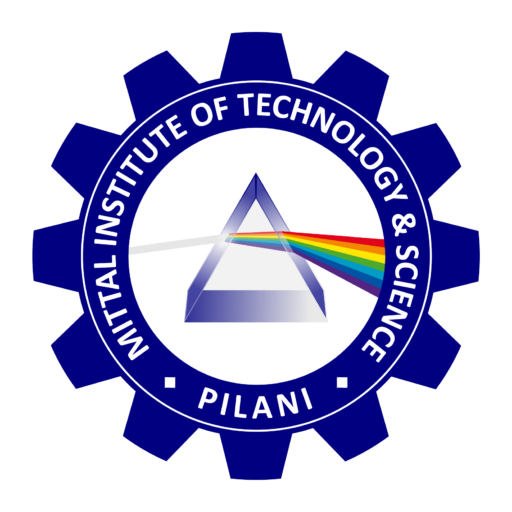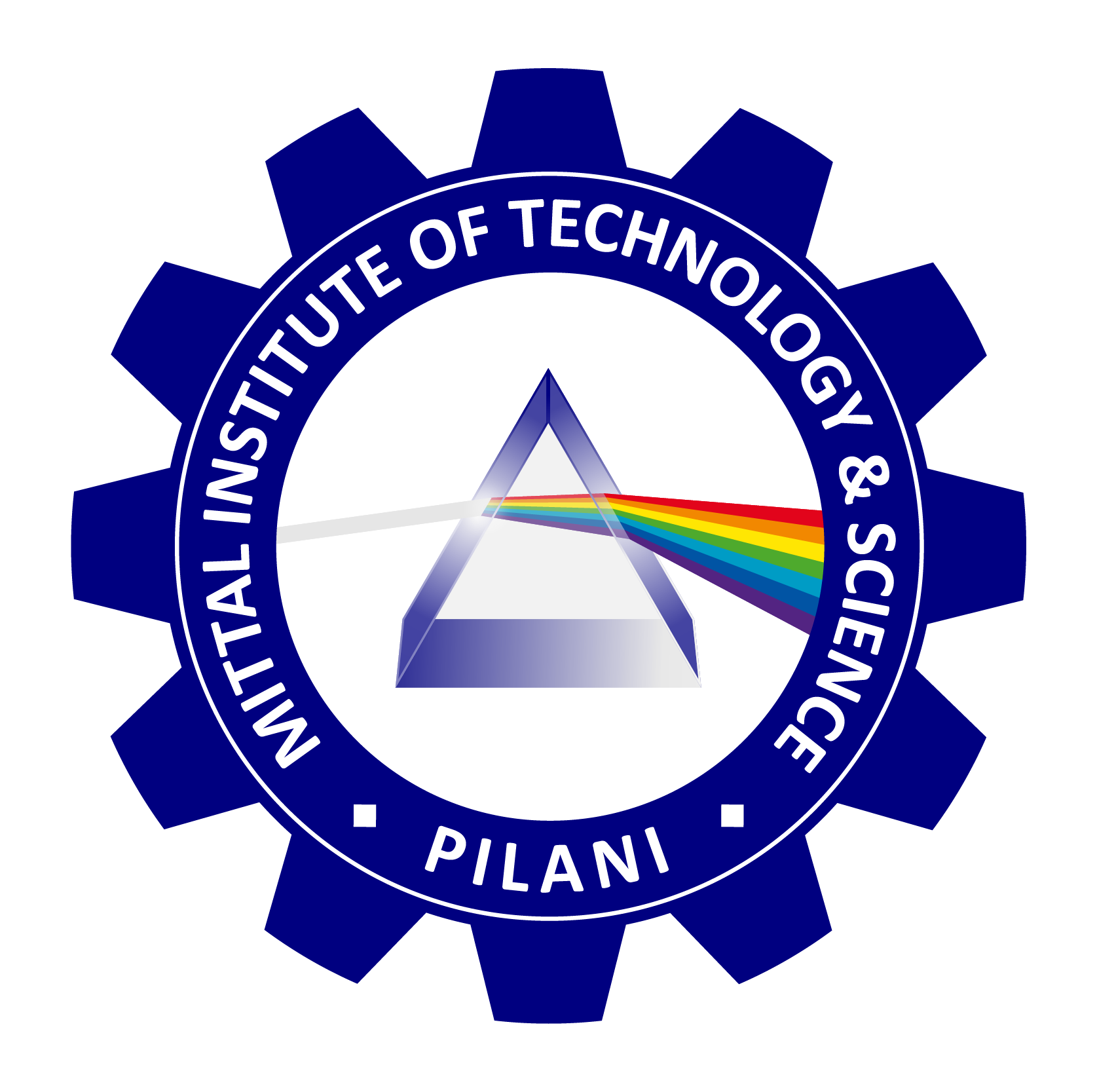
MITTAL INSTITUTE OF TECHNOLOGY & SCIENCE, PILANI
PhD-level expert in machine learning algorithms
A PhD-level expert in machine learning algorithms is an individual who has attained a deep and comprehensive understanding of the theoretical and practical aspects of machine learning (ML), a subfield of artificial intelligence (AI) that focuses on developing algorithms that enable computers to learn from and make decisions based on data. Machine learning has become one of the most significant technologies shaping modern computational intelligence, and a PhD-level expert is distinguished by their advanced research, innovative contributions, and technical mastery in this field.
Educational Background and Skills
Achieving expertise at the PhD level involves rigorous academic training and research. PhD candidates typically have a strong foundation in mathematics, statistics, computer science, and related fields such as data science and artificial intelligence. Essential mathematical skills include linear algebra, probability theory, optimization methods, and calculus, which are fundamental for understanding the inner workings of machine learning algorithms.
A PhD expert in machine learning must also possess advanced programming skills, with proficiency in languages such as Python, R, Julia, or MATLAB. Additionally, they often use specialized libraries and frameworks like TensorFlow, PyTorch, Keras, and Scikit-learn for designing and testing machine learning models. These tools help them implement state-of-the-art algorithms efficiently and validate their performance on real-world datasets.
Theoretical Expertise
A PhD-level machine learning expert has an in-depth understanding of a broad range of algorithms, including supervised, unsupervised, and reinforcement learning techniques. Supervised learning includes models like decision trees, support vector machines, and deep neural networks, which require labeled data for training. Unsupervised learning encompasses clustering algorithms such as k-means or Gaussian Mixture Models, which aim to find hidden patterns in data without labels. Reinforcement learning, on the other hand, involves training agents to make decisions by interacting with an environment and maximizing cumulative rewards, often using techniques such as Q-learning or policy gradients.
In addition to knowing how to implement these algorithms, a PhD expert understands their theoretical underpinnings, including computational complexity, convergence properties, generalization, and overfitting. They also possess a deep knowledge of probabilistic models (e.g., Bayesian networks, Hidden Markov Models) and optimization methods (e.g., gradient descent, L-BFGS). This theoretical expertise allows them to make informed decisions about which algorithms are best suited for different types of data and problems, and how to modify or extend existing algorithms to tackle novel challenges.
Research and Innovation
PhD-level experts in machine learning are expected to contribute original research to the field. During their doctoral studies, they engage in cutting-edge research to address open problems or improve existing algorithms. This might involve developing new learning methods, creating efficient training techniques for deep learning models, or inventing more robust algorithms that can handle noisy, sparse, or high-dimensional data. Their work is often published in leading journals and conferences, such as NeurIPS, ICML, CVPR, and AAAI, where they present their findings to the broader academic and industrial community.
An expert in machine learning may also delve into subfields such as deep learning, natural language processing (NLP), computer vision, generative models, and reinforcement learning. For example, they may research ways to improve the efficiency and scalability of convolutional neural networks for image recognition or develop novel architectures for recurrent neural networks used in NLP tasks like translation and text generation. In addition, they might explore theoretical topics like generalization bounds, transfer learning, and meta-learning, which focus on improving how machine learning systems adapt to new tasks and environments.
Applications and Impact
A PhD expert in machine learning is also distinguished by their ability to apply their theoretical knowledge to solve real-world problems. Machine learning algorithms are used in diverse industries such as healthcare, finance, autonomous systems, robotics, and e-commerce. For example, in healthcare, ML algorithms assist in diagnosing diseases, predicting patient outcomes, and personalizing treatments. In finance, ML experts design algorithms for fraud detection, algorithmic trading, and risk management.
PhD-level experts are particularly well-equipped to tackle complex problems, such as improving the robustness of models to adversarial attacks, reducing model bias to ensure fairness, and enhancing the interpretability of black-box algorithms in critical applications like healthcare and law. They may also work on scaling machine learning models to work efficiently with massive datasets (Big Data), optimizing computational resources through parallel processing, or improving the energy efficiency of training large models, which is an increasing concern in sustainability efforts.
Mentorship and Collaboration
PhD-level experts in machine learning often take on the role of educators, mentoring students, junior researchers, and engineers. They collaborate across interdisciplinary teams, working alongside domain experts in biology, economics, physics, or the social sciences to apply machine learning algorithms in innovative ways. They might also contribute to the development of public datasets, open-source software, and ML benchmarks, fostering progress in the machine learning community at large.
Moreover, collaboration between academia and industry is a hallmark of a PhD-level expert’s career. They may work with tech giants like Google, Microsoft, and Amazon or startups that are building novel AI-based products. These collaborations allow them to bring academic rigor to industry problems while staying connected to the latest technological developments.
Ethical Considerations and Future Directions
As machine learning becomes increasingly pervasive, PhD experts must also engage in discussions about the ethical and societal implications of their work. Issues such as data privacy, algorithmic fairness, transparency, and accountability are critical, especially in areas where ML systems directly impact human lives. PhD experts are expected to contribute to frameworks that ensure machine learning applications align with ethical standards and promote responsible AI development.
Looking forward, the field of machine learning continues to evolve rapidly. PhD-level experts will play a pivotal role in advancing areas like explainable AI (XAI), continual learning, edge computing, quantum machine learning, and self-supervised learning. Their contributions will shape the next generation of AI systems, pushing the boundaries of what is possible while addressing the challenges that come with building intelligent, safe, and ethical systems.
A PhD-level expert in machine learning algorithms is not just a technically skilled individual but a pioneer pushing the boundaries of AI research. Their deep understanding of the theoretical foundations, combined with their ability to innovate and solve complex problems, positions them as key contributors to both academic and industrial advancements in AI. Their work has far-reaching implications, shaping the future of intelligent systems that will continue to impact society in transformative ways.

Professor Rakesh Mittal
Computer Science
Director
Mittal Institute of Technology & Science, Pilani, India and Clearwater, Florida, USA
